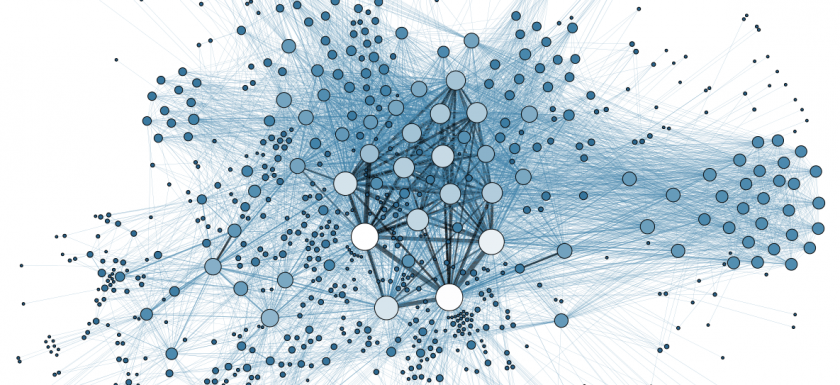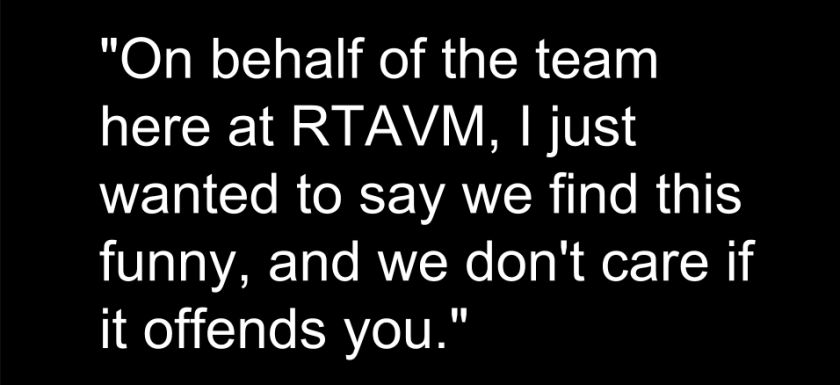Big Mistakes to Avoid When Fighting for Social Change
Costly mistakes in a fight for social change hurt the amount of difference we can make. Now that we have covered what systems are like in the last few posts, we can get to making our case that: “Because you’re doing it all wrong, it seems like what we are doing is wrong”. To get here, we first looked at “the science of how systems hold together”, then we looked at how that played out in social systems. Now we are going look at how things that look great at first glance can look bad when informed by what systems science shows these forces actuallyRead More →






